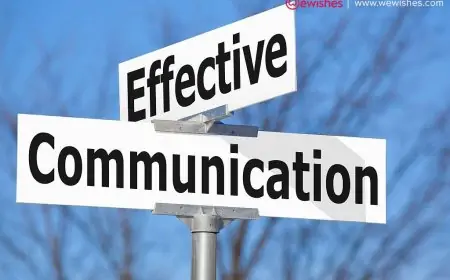The gambler's fallacy is the assumption that previous events might have an unpredictable impact on future occurrences. For example, in gambling, you can often see people believing that because a certain outcome (such as a coin toss) has happened multiple times in a row, it is less likely to happen in the future.
In fact, the gambler fallacy is a well-studied concept in psychology and decision-making. It was discovered in the nineteenth century by the French mathematician Pierre-Simon Laplace.
Many experts and researchers in psychology, behavioral economics, and decision-making have studied the phenomenon of the gambler's fallacy.
Professional players at Ekbet India exchange have learned techniques to avoid the player error trap and make more rational decisions.
Examples of the gambler's fallacy
Coming to an online casino, many beginners often rely on chance, which also refers to the gambler's fallacy. This delusion manifests itself in different ways in different sectors of the gambling industry.
The gambler's fallacy can be demonstrated through several examples, including:
- Baccarat. A player may think that if the banker has won several hands in a row, then the player is more likely to win the next hand.
- Slot Machines. Some have suggested that if a machine hasn't hit the jackpot for a while, it's likely to hit the jackpot soon
- Craps. The fallacy is that if a certain number has fallen on the dice several times in a row, the likelihood that it will fall again in the future is less likely
- Coin toss. You are delusional if you think that if a coin comes up heads several times in a row, then the next time you toss it, it is more likely to come up tails.
- Roulette. The common fallacy is that if the ball lands on black numerous times in a row, it is more likely to land on red the following time it spins
- Rolling the dice. The player may believe that if a certain number is rolled multiple times in a row, it is less likely to roll again in the future
- Sports betting. A bettor may think that if a team has won several games in a row, they are less likely to win the next game, or if a certain player has had a hitting streak, then the next period will be unsuccessful. This line of thinking is based on the false belief that past events can affect future events in a random way
These examples show how a gambler's fallacy can cause users to make irrational decisions and, as a result, make unprofitable bets or risk too much.
How to avoid a gambler's fallacy
Coming to an online casino and playing for real money, the most important thing is not to become bankrupt.
To avoid falling into such a trap, gaming experts recommend remembering that each event in a random process is independent and has an equal chance to occur regardless of previous outcomes.
It is important to base your bets on objective data and statistics rather than intuition or personal experience to avoid being misled when placing bets. In addition, it is useful to understand that the outcome of, for example, a sporting event is determined by many factors, such as the strength of teams, matchday conditions, and player performance.
And the results of casino games are determined by random processes, and each event does not depend on previous results.























